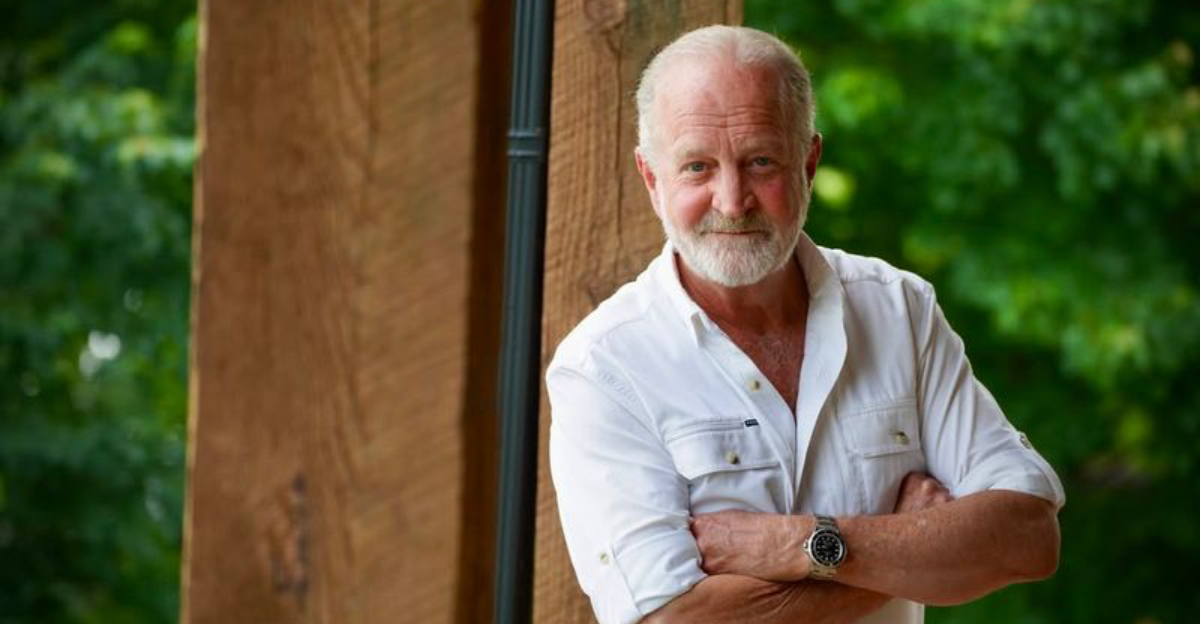18 Concerning Reasons Why Your Senior Husband Has No Friends
At first, it might seem harmless. He’s home a lot. Doesn’t go out much. Says he’s “fine” without a social life. But over time, you begin to wonder: Why doesn’t he have any friends? And more importantly—is it affecting his emotional well-being, your marriage, or both?
Here are 18 concerning reasons your senior husband may have no friends—and what it might be signaling beneath the surface.
1. He was never taught how to build or maintain friendships.

Many men were raised to value independence over connection—and it shows later in life. Without early lessons in friendship-building, your husband might shy away from reaching out or maintaining relationships. It’s not that he doesn’t want friends; he just never learned how to nurture those connections. Think of it like baking a cake with no recipe.
You’d probably end up with a mess, right? Well, friendships need ingredients too: time, effort, and a pinch of vulnerability. If no one ever showed him the ropes, it’s understandable why he might struggle now. This isn’t just about being ‘antisocial’; it’s more about missing the skill set. With a little guidance and encouragement, he might just find his social groove.
2. He’s experienced social anxiety or awkwardness for years.

He may hide it behind confidence, but discomfort in groups can keep him isolated. Social anxiety isn’t something you can just wish away. It might manifest in sweaty palms, racing thoughts, or an overwhelming urge to flee a gathering. Even if he’s smiling on the outside, inside, he might be battling a storm of self-doubt and fear of judgment.
Over time, avoiding social situations becomes a coping mechanism. It’s not that he doesn’t want friends; he’s just terrified of the interaction. Understanding this barrier is the first step toward helping him find comfort among peers. Gentle encouragement and gentle exposure to social settings could be the key.
3. He’s lost touch with old friends and never replaced them.

Life moves on, but many men don’t proactively rebuild their social circles. Friends can drift apart due to career changes, relocations, or family commitments. When those connections fade, it’s easy to let them go without making the effort to form new ones. Your husband might find himself reminiscing about past friendships, yet doing nothing to replace them.
It’s similar to holding onto a favorite, worn-out sweater—comfortable but not quite effective anymore. Seeking new friendships is not about replacing the old, but about expanding his world. Through hobbies, local clubs, or even online groups, he might find new like-minded companions.
4. He’s depressed but doesn’t realize it.
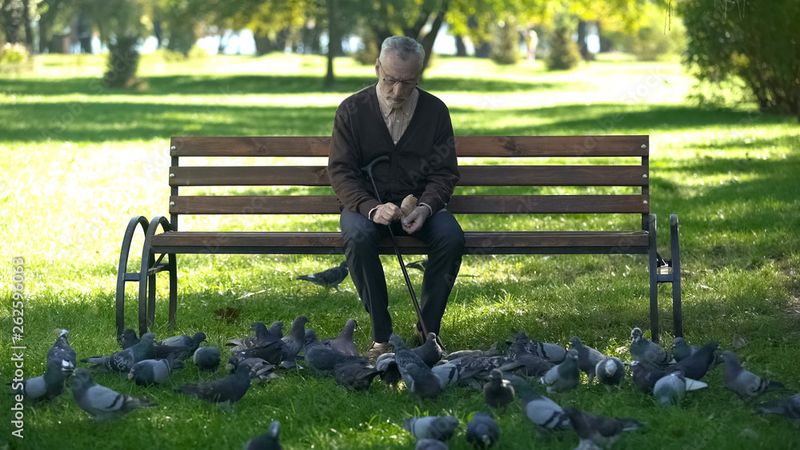
Lack of motivation to socialize can be a sign of underlying emotional struggles. Depression often disguises itself as fatigue, irritability, or simply detachment from once-loved activities. If your husband seems uninterested in meeting friends or even discussing the idea, it might not be just a preference—it could be depression’s shadowy influence.
He might not recognize these feelings as depression, especially if he’s always seen himself as ‘strong.’ Having an open conversation about mental health can be beneficial. With understanding and possibly professional help, he can recognize the symptoms and work towards feeling more connected and hopeful.
5. He’s experienced major grief or loss.

The death of a close friend or sibling can leave him emotionally shut off. Grief is a heavy burden, and it can take years to process such a loss. During this time, it’s natural for someone to withdraw from social interactions, overwhelmed by their sorrow. Your husband may hesitate to form new friendships, fearing another potential loss.
This withdrawal is not a choice; it’s a reaction to emotional pain. Encouraging him to talk about his feelings and memories can be healing. Support groups or therapy might also offer the solace and understanding he needs to begin opening up to new connections, finding comfort in shared experiences.
6. He dismisses other men’s attempts at connection.

Whether through pride, judgment, or fear, he may push others away without meaning to. Maybe he’s convinced that others won’t understand him, or perhaps he’s worried about being judged. This can lead to a pattern of dismissing social invitations or downplaying friendly gestures. It’s a defensive mechanism that keeps him from feeling vulnerable.
If he’s always had a ‘lone wolf’ mentality, seeing others as competitors rather than companions, it’s time to shift that perspective. By noticing the small attempts at connection around him, he can start to embrace them, finding unexpected friendships and feeling the warmth of belonging.
7. He retired and lost his main source of daily interaction.

Many men build friendships through work—and once it’s gone, they feel adrift. Retirement can sometimes feel like a sudden withdrawal from a bustling social scene, where daily interactions were a given. Without the routine work environment, your husband might feel isolated, missing the camaraderie of colleagues.
It’s as if the stage curtain fell, leaving him in silence. But retirement doesn’t have to mean the end of social life. Encouraging him to join clubs, volunteer, or even pursue part-time work can reignite that sense of belonging and offer new opportunities to meet people. It’s about finding a new rhythm, where friendships can flourish outside the office walls.
8. He relies entirely on you for emotional connection.

And while that may sound sweet, it’s heavy and unsustainable long-term. Being the sole emotional anchor for your husband can be overwhelming, especially when he has no other outlets. It’s like trying to fill an entire lake with a single cup of water—impossible. Encouraging him to seek friendships is not about pushing him away, but about helping him build a supportive network.
This network provides different perspectives, shared experiences, and a sense of community. By gently suggesting activities where he can meet others, you’re not only lightening your own emotional load but also offering him a richer, more balanced life.
9. He isolates himself out of habit, not preference.
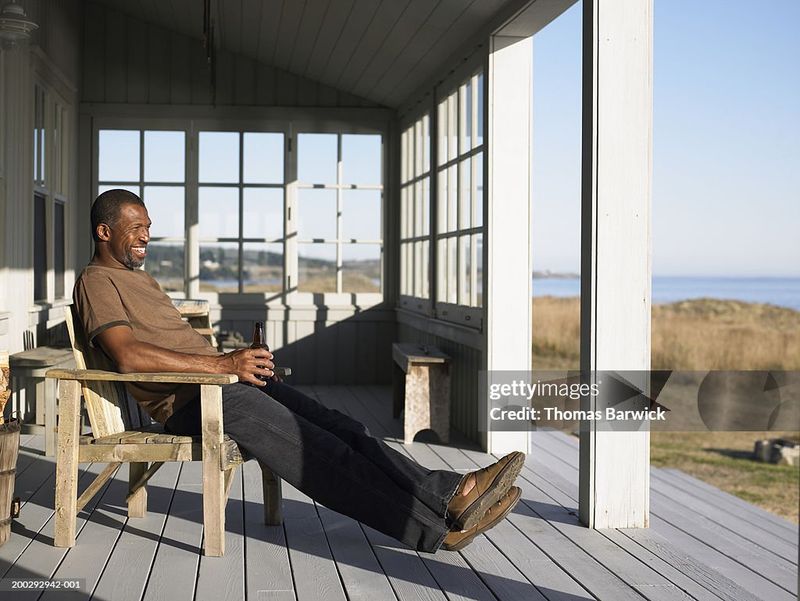
It’s just how he’s always been. But routine doesn’t mean it’s healthy. Isolation can become a habit if it’s been his way of life for years. Without realizing it, he might default to solitude because it feels safe, predictable, and familiar. But even in the comfort of silence, he might be missing the joy and laughter that companionship brings.
Breaking this habit involves small changes like joining a club, attending community events, or just saying yes to a coffee invitation. With each step outside his comfort zone, he can discover that life’s richest moments often come from shared experiences.
10. He has unrealistic expectations of what friendship “should” be.

He may believe friends have to be exactly like him—or nothing at all. This all-or-nothing mindset can be a major roadblock in forming new friendships. Expecting others to share identical interests, values, or backgrounds limits the possibility of connecting with diverse individuals. It’s like trying to fit a square peg in a round hole.
Encouraging him to be open to different perspectives and personalities can unlock new relationships. Variety is the spice of life, and friendships are no exception. By embracing the uniqueness of others, he might find unexpected joys and learnings, enriching his life with new connections.
11. He sees socializing as unnecessary “at his age.”

Some older men believe friendship is a young person’s game. (Spoiler: it’s not.) This belief might stem from the idea that socializing is reserved for the energetic youth, disregarding the fact that companionship is vital at every stage of life. You can’t outgrow the need for connection. It’s like saying you’re too old for laughter or joy.
Inspiring him to embrace social opportunities, no matter his age, can open doors to meaningful interactions. Whether it’s through community events, hobby groups, or simple coffee meet-ups, friendships can add vibrancy and purpose to his senior years.
12. You’ve moved, and he never rebuilt a local network.

New place, no effort, no people. Familiar story for many couples in retirement. Moving can be both exciting and daunting, especially when it means leaving behind familiar faces and places. If your husband hasn’t made the effort to rebuild his social network, he might feel like a stranger in his own community.
It’s like having a new puzzle with missing pieces. Exploring local clubs, attending community events, or even engaging with neighbors can help him feel more at home. Building a new network takes time, but the rewards of feeling connected and supported are worth the effort.
13. He avoids social situations because he’s afraid of being judged or irrelevant.
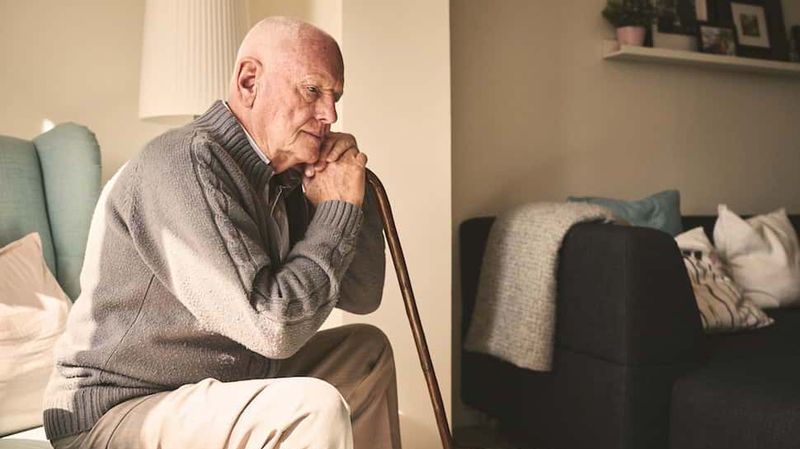
Aging can bring insecurity, especially if he no longer feels “useful” or seen. This fear of judgment can be a sneaky monster, whispering doubts into his mind whenever he considers joining a social event. He might think he won’t have anything valuable to add, or that younger folks won’t understand him.
But truthfully, everyone has unique stories and wisdom to share. By gently encouraging him to participate, you can help him realize that his experiences are valuable and appreciated. Each interaction can boost his confidence, reminding him that relevance isn’t about age—it’s about connection and engagement with others.
14. He has a history of controlling or one-sided relationships.

If friendships don’t revolve around him, he may not know how to engage. This dynamic can leave him isolated, as others might feel suffocated or unappreciated. It’s like trying to dance when only one person leads all the time—eventually, others stop trying. Listening more and valuing others’ perspectives can create balance.
Friendships thrive on mutual respect, shared interests, and understanding. By learning to give and take, he can enjoy more fulfilling relationships. This shift isn’t about losing control but gaining a richer connection with those around him.
15. He assumes people don’t want to be friends with him.

That quiet, unspoken self-doubt can be the biggest barrier of all. He might believe he’s not interesting enough, or that others have more appealing options. This negative self-talk becomes a self-fulfilling prophecy, preventing him from reaching out or accepting invitations. It’s like wearing invisible chains that no one else can see.
Helping him understand that everyone has their own insecurities can be empowering. Small, courageous steps in social interactions can gradually build his confidence over time. Each positive experience can chip away at those doubts, revealing the friendly, engaging person he truly is.
16. He fills the void with distractions like TV, hobbies, or routine.
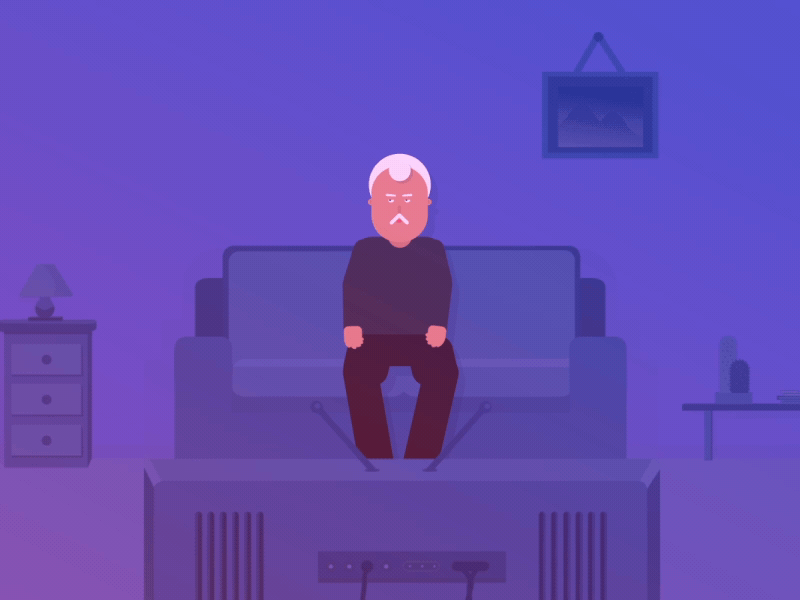
He may not feel lonely—but he’s also not truly connected. Distractions can be comforting, offering an escape from the reality of isolation. But while they provide temporary relief, they don’t replace the warmth and fulfillment that genuine friendships bring. It’s like eating junk food—it fills you up but lacks nourishment.
Balancing leisure activities with social ones can lead to more meaningful engagement. Joining groups that align with his interests can blend hobbies with companionship, creating a richer experience. Social connections add depth and color to life, beyond the screen.
17. He’s emotionally exhausted or checked out.

Sometimes disconnection isn’t about others—it’s about feeling numb inside. Emotional exhaustion can stem from stress, health issues, or simply feeling overwhelmed by life’s demands. It manifests as fatigue, lack of motivation, or indifference towards social interactions. Like carrying a heavy backpack all day—eventually, you’d want to just sit down and rest.
If your husband seems withdrawn, it might be because he’s drained and needs time to recharge. Self-care and understanding can help him find his way back to social activities when he’s ready. Sometimes, just knowing someone cares is the first step to reconnecting.
18. He doesn’t know how to say, “I feel lonely.”

Many men were never taught how to express emotional needs—so they suffer in silence. Expressing loneliness might feel like admitting failure or weakness, especially if he’s always been the ‘strong’ type. But holding these feelings inside only deepens the sense of isolation. It’s like having a secret that grows heavier each day.
Encouraging open conversations about emotions can provide relief and understanding. Reassuring him that it’s okay to feel lonely and seek connection can be empowering. By creating a safe space for him to share his feelings, you’re helping him take steps towards embracing friendships and finding joy in companionship.

